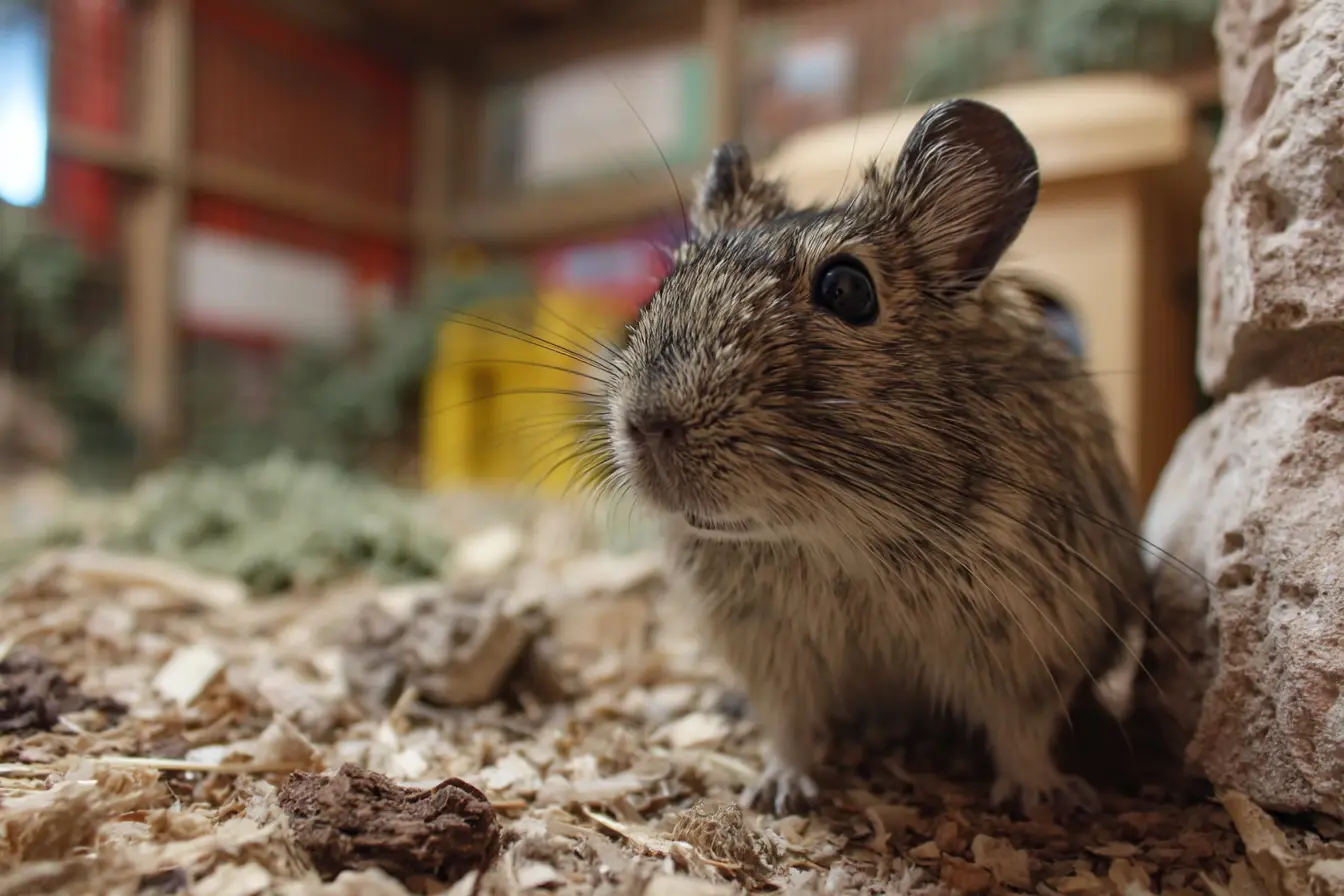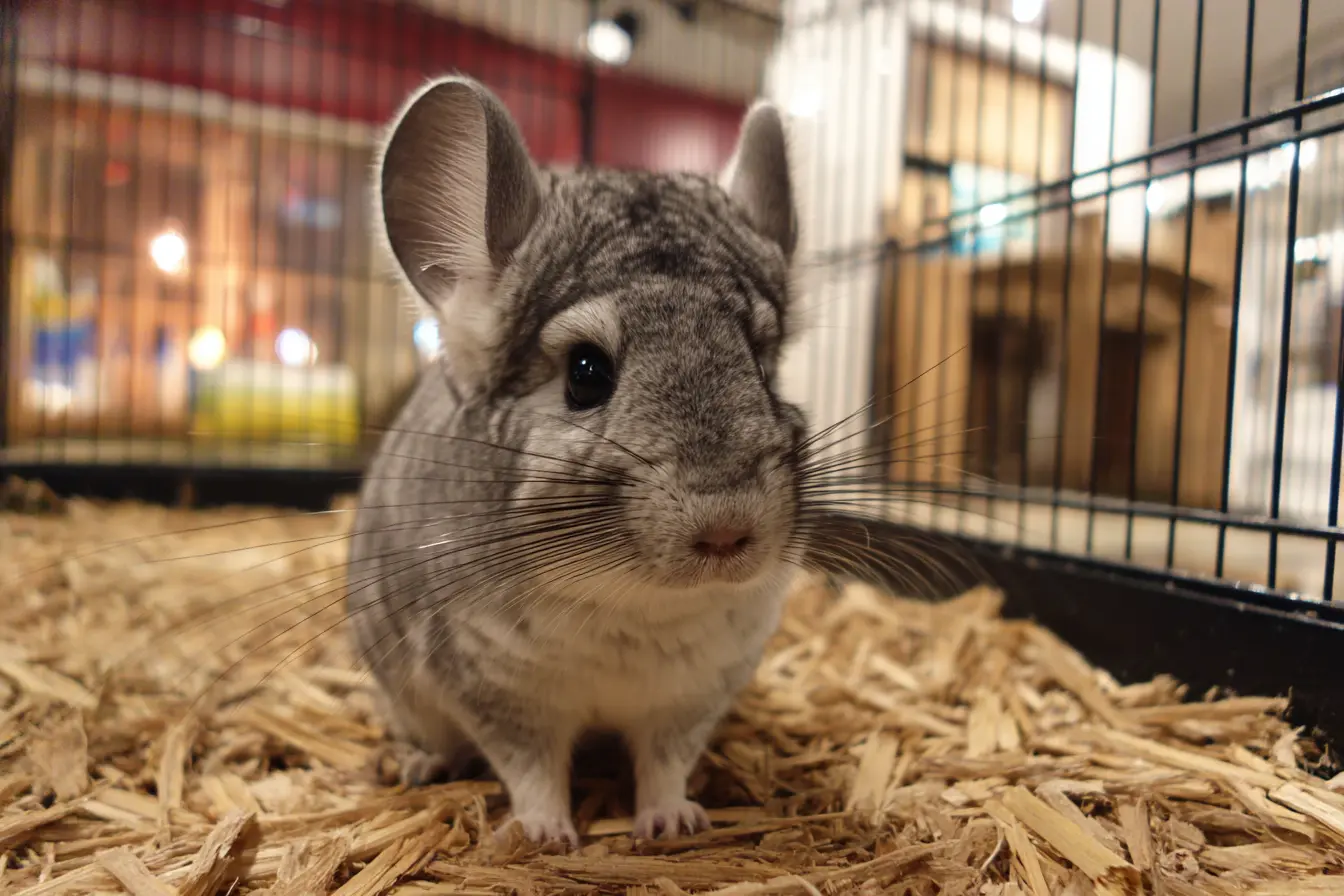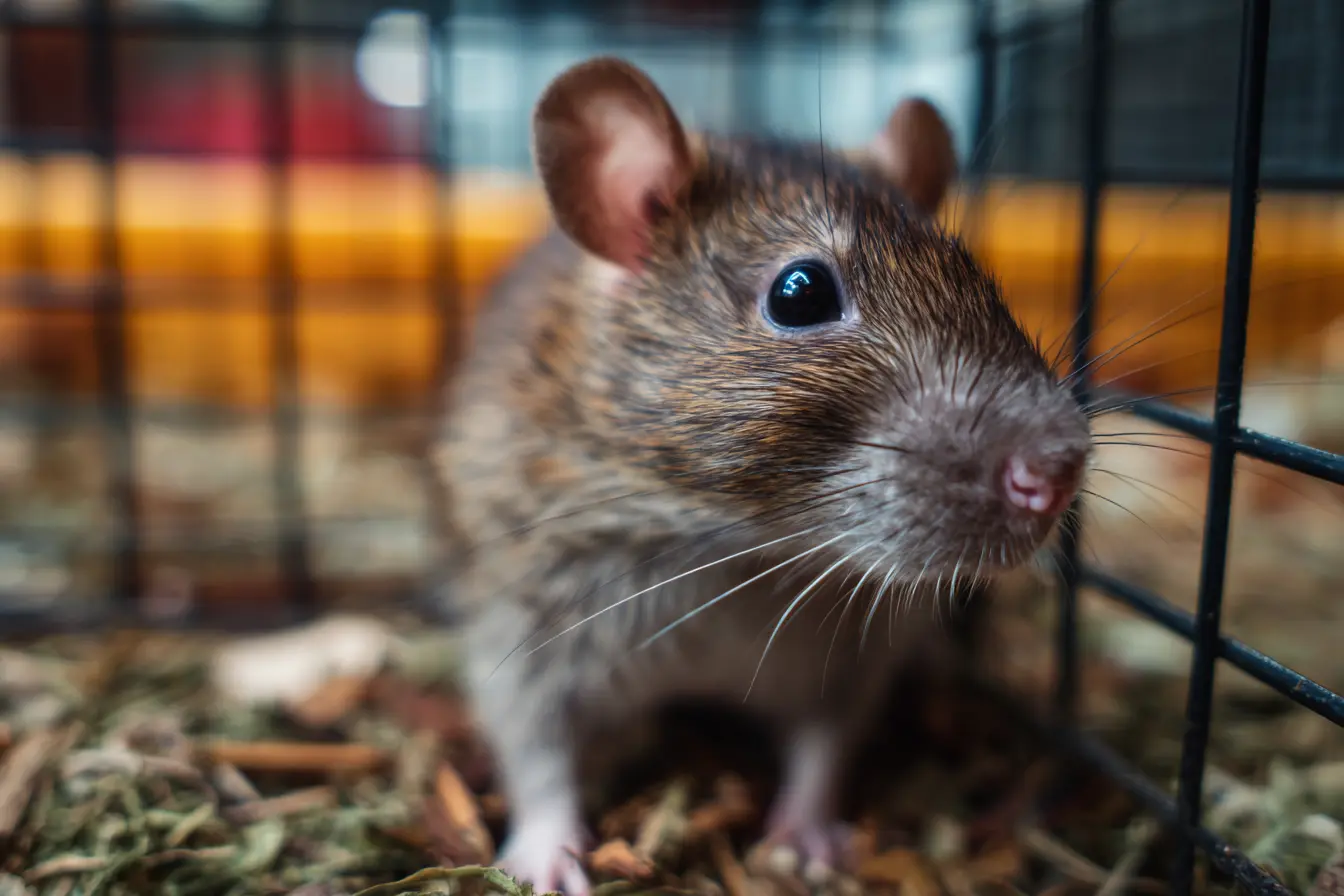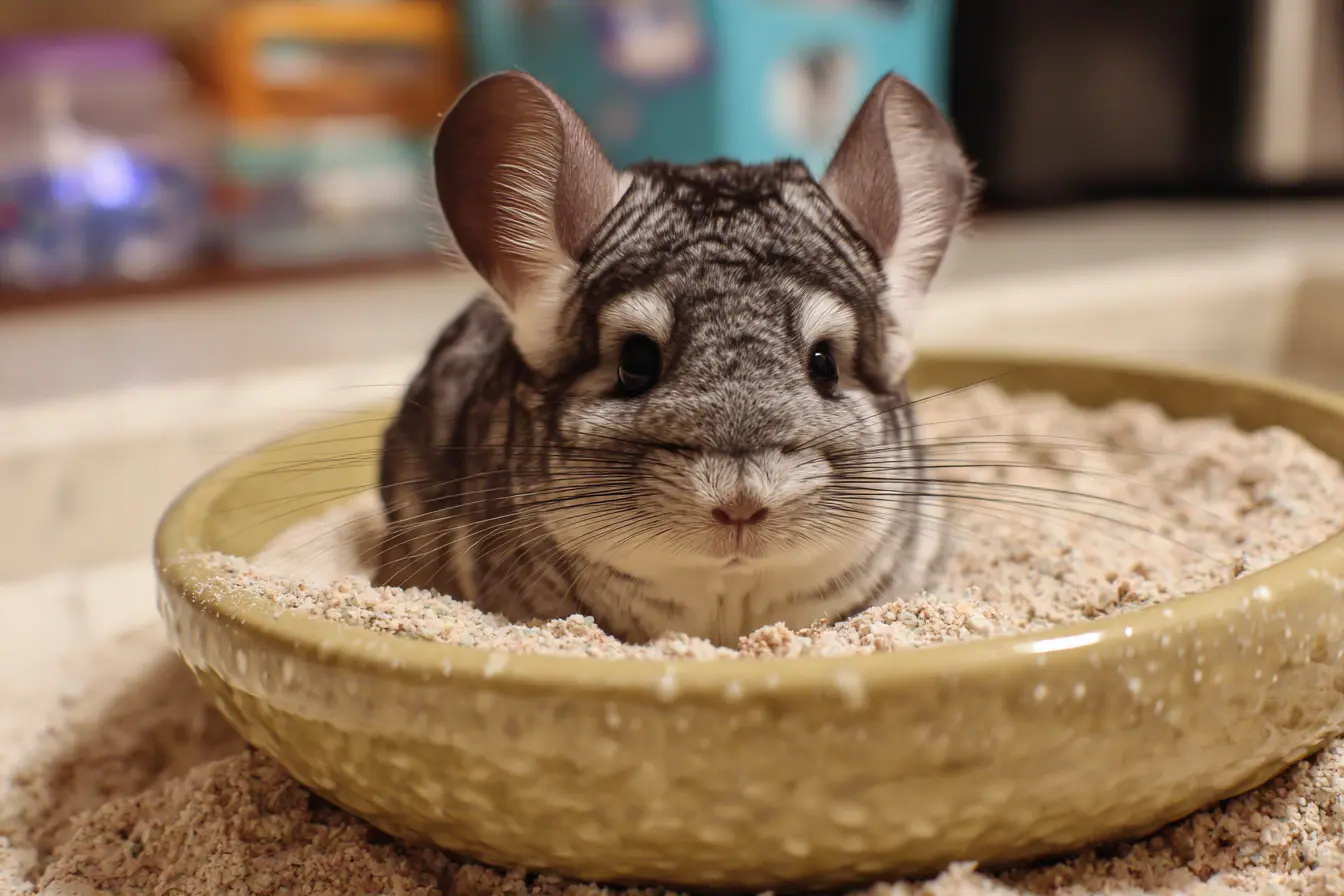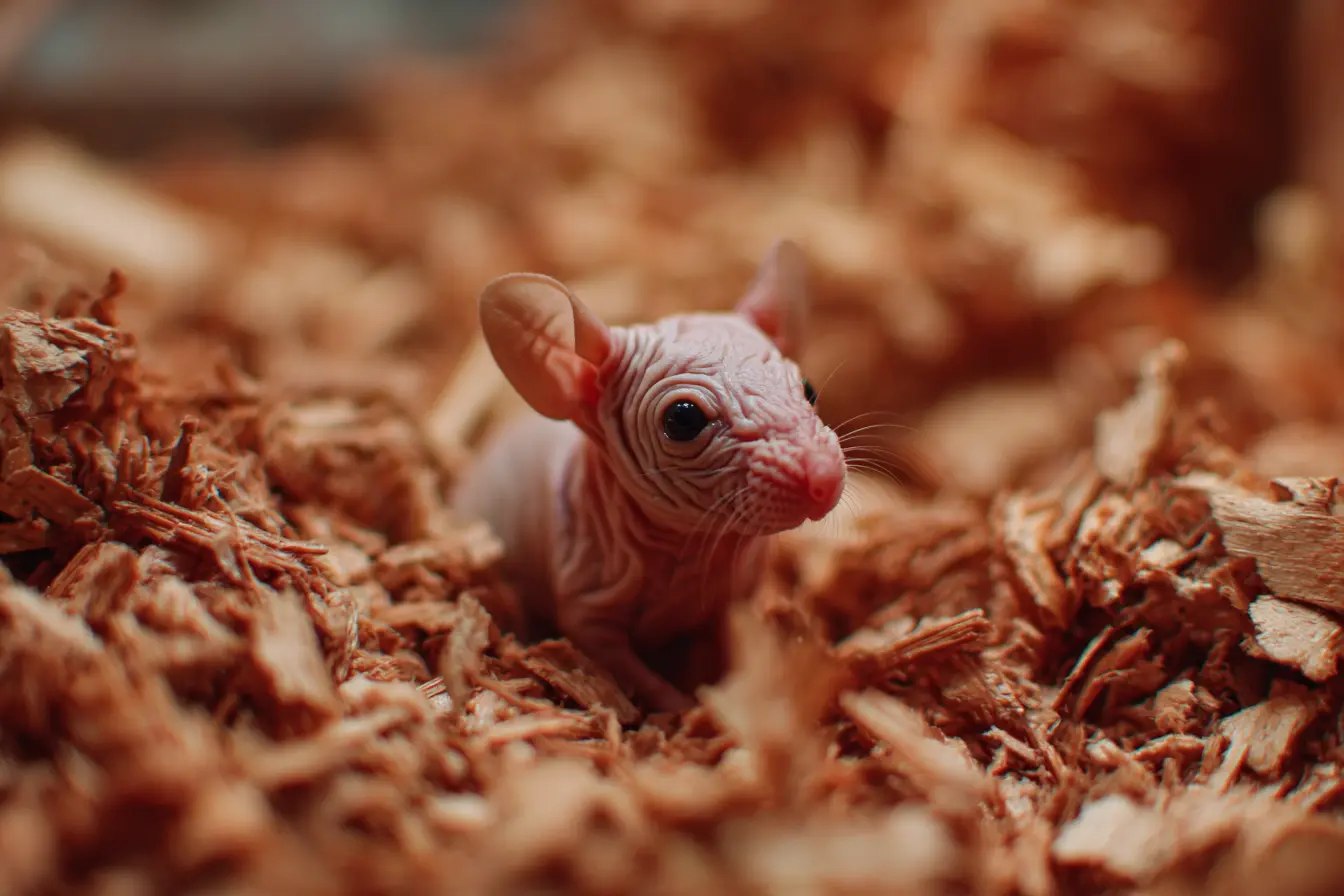
Hairless Mice: A Unique and Delicate Pet for Experienced Keepers
Hairless mice are an unusual and fascinating variety of fancy mouse (Mus musculus), known for their soft, furless skin and distinctive appearance. While they can make engaging and affectionate pets, they also require specialised care and attention to thrive. In this post, we'll explore the characteristics, care requirements, and challenges of keeping hairless mice as pets in the UK.
What Are Hairless Mice?
Hairless mice are bred to lack fur due to a genetic mutation. Some may have a fine layer of peach fuzz or sparse whiskers, while others are completely bald. This lack of fur gives them a unique look — often described as either endearing or alien — and makes them more vulnerable to temperature changes, skin injuries, and health issues.
Hairless mice are the same species as other fancy mice, and their behaviour, social needs, and dietary requirements are largely similar. However, due to their fragility, they are best suited to experienced owners who can meet their specific care needs.
Appearance and Traits
Hairless mice typically:
- Have smooth, pink or grey skin
- May have wrinkled skin in areas like the shoulders and neck
- Often lack whiskers or have short, curly ones
- Tend to be slightly smaller or leaner than fully furred mice
They are highly active, social, and curious like other fancy mice, but may tire more easily or be more sensitive to their environment.
Temperament and Social Needs
Hairless mice are social animals and should not be kept alone. However, they may do best with:
- Other hairless mice, to avoid injuries from play or grooming
- Furred companions who are gentle and well-socialised
When mixing hairless and furred mice, it’s essential to monitor closely. Hairless mice can get scratched more easily, and excessive grooming from a furred cage-mate can irritate their skin.
Housing and Environmental Needs
Because they lack fur, hairless mice are extremely sensitive to temperature and humidity.
Housing Tips:
- Cage Type: Glass tanks or bin cages help retain warmth better than wire cages
- Temperature: Keep the room between 21°C and 25°C; avoid cold drafts and sudden changes
- Bedding: Use soft, non-abrasive bedding such as paper-based material (avoid wood shavings)
- Nest Material: Provide plenty of shredded tissue or soft paper for nesting and warmth
- Hides: Include several hideouts and cosy spaces to help regulate body temperature
Never house hairless mice outdoors or in unheated areas such as sheds or garages.
Diet and Nutrition
Hairless mice have faster metabolisms because they use more energy to maintain body temperature. This means they need slightly more food than their furred counterparts.
Feeding Guidelines:
- Provide a high-quality commercial mouse mix or rodent blocks
- Supplement with small amounts of fresh vegetables (e.g. broccoli, cucumber, kale)
- Offer extra protein such as cooked egg, mealworms, or oats a few times a week
- Ensure fresh water is always available
Avoid sugary or fatty treats. Keep an eye on their weight, as both underfeeding and overfeeding can be harmful.
Health Considerations
Hairless mice are more prone to certain health issues than furred mice. Owners should check them daily for signs of:
- Skin damage or abrasions
- Scratching or scabbing
- Dry or flaky skin (especially in low humidity)
- Chilling or overheating
- Eye infections or respiratory issues
Because they have no whiskers or fur to protect their faces, hairless mice may bump into objects more often. Their immune systems may also be weaker, so hygiene and stress reduction are especially important.
Use gentle, unscented cleaning products in their environment, and never house them on rough or dusty bedding.
Handling and Bonding
Hairless mice can be just as friendly and interactive as other mice, but their skin requires gentler handling.
Handling Tips:
- Wash your hands before and after handling to reduce the risk of transferring oils or bacteria
- Avoid squeezing or gripping; instead, scoop them gently with both hands
- Handle over a soft surface to prevent injury if they fall
- Keep sessions short at first to avoid stress or chilling
Regular, gentle interaction helps build trust and confidence — especially if begun when they’re young.
Is a Hairless Mouse Right for You?
Hairless mice are fascinating and affectionate pets, but they’re not for everyone. They are best suited to:
- Experienced mouse or rodent keepers
- Adults or older teens who can provide consistent care
- People able to monitor temperature and health closely
- Owners looking for a unique but delicate pet
They may not be suitable for young children or those looking for a low-maintenance animal.
Final Thoughts
Hairless mice are truly one-of-a-kind companions. Their bold appearance and lively personalities make them captivating pets, but they demand a bit more care and vigilance than standard fancy mice. With the right setup, diet, and attention, these delicate rodents can lead full and happy lives, offering a rewarding pet experience to those ready for the challenge.
If you're ready to embrace their quirks and meet their special needs, hairless mice may be the perfect addition to your small pet family.
Vets near you
Speciality vets
- Aquatics vet specialists
- Birds vet specialists
- Camelids vet specialists
- Cats vet specialists
- Cattle vet specialists
- Deer vet specialists
- Dogs vet specialists
- Equines vet specialists
- Exotic vet specialists
- Goats vet specialists
- Pigs vet specialists
- Poultry vet specialists
- Sheep vet specialists
- Small Mammals vet specialists
- Wild vet specialists
Vet facilities
- Accessible by public transport
- Blood testing
- Car park nearby
- Client car park
- Dentistry
- Diagnostic imaging
- Disabled public access
- Flea and worm treatments
- Microchipping
- Mobile services
- Neutering
- Open at weekends
- Out-of-hours service
- Referral interests
- Referrals only
- Street parking outside
- Toilets available
- Vaccinations
